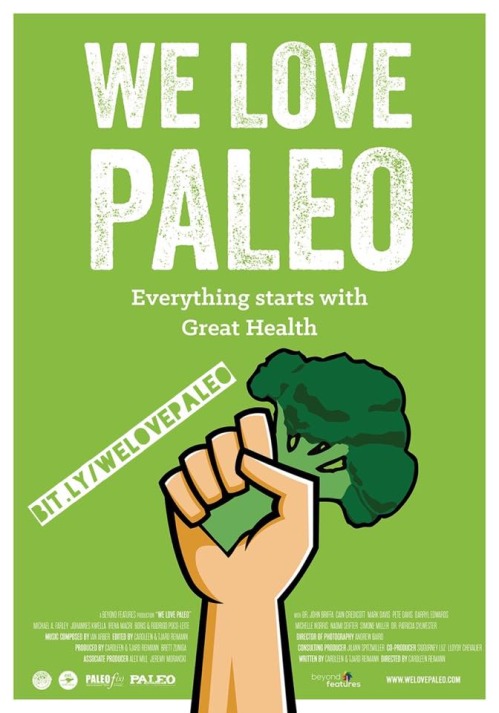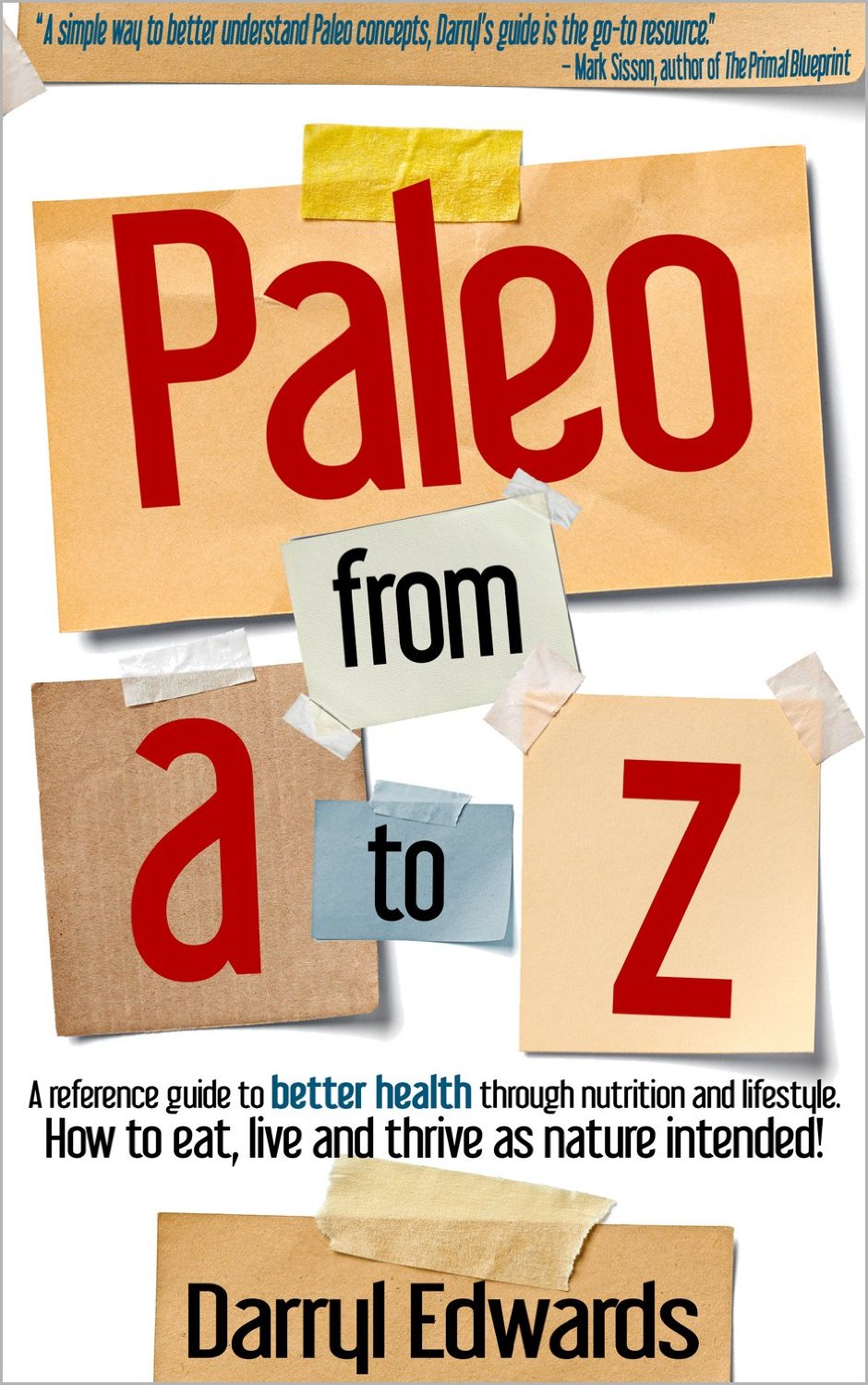Nutrition: Chocolate Facts - Good or Bad?
 Saturday, November 27, 2010 at 17:00 | by
Saturday, November 27, 2010 at 17:00 | by  Darryl Edwards
Darryl Edwards Nutrition: Chocolate Facts - Good or Bad?
Researchers have shown that there are significant health benefits in eating chocolate. It reduces blood pressure, lowers blood cholesterol and lessens the risk of blood clotting.[1] This means the risk of cardiovascular disease and strokes may be reduced by the consumption of chocolate, but why? Well first a little background on chocolate:
Chocolate Facts:
Chocolate is based on the cacao tree native to South America. Cocoa is the end result of the process of roasting, fermenting and producing a paste from the cacao seed, chocolate is then made from cocoa.[3] The darker the chocolate, the higher the ratio of cocoa to milk. Most commercial chocolate contains little to no cocoa, instead replacing this core ingredient with low quality saturated vegetable fat and fat reduced powdered milk or milk solids.
Macro Nutrients:
It contains saturated fat in the form of stearic and palmitic acid, (these have been shown not to adversely affect blood cholesterol), carbohydrates (mainly starch based) and proteins.
Vitamins and Minerals:
It contains the essential micro-nutrients potassium, magnesium, calcium, sodium, zinc, copper, manganese, iron and the vitamins A, B1/2/3, C, D and E.
Antioxidants:
Cocoa contains polyphenols (similar to those found in green tea) which are beneficial to health in the form of flavonoids. Flavonoid rich foods have been proven to reduce inflammation and protect against cardiovascular damage by reducing blood pressure in those suffering from hypertension .[2]
So onto the stuff that matters, what type and how much?
What type should I get?
- First make sure it is dark chocolate, the quantities of milk and sugar in milk chocolate will negate the health benefits of cocoa.
- Aim for the highest quality you can find, one of my favourites is the Green & Black's range. They manufacture organic, free trade chocolate and have a 70% and an 85% cocoa based chocolate in their range. 100% cocoa I find too bitter. For reference their milk chocolate contains only about 30% cocoa. Remember some commercial brands may not contain ANY cocoa at all but will still be referred to as chocolate.
Is it a paleolithic type food?
In simple terms no, the Olmec Indians of South America were believed to be the first to crop Cacao in 1500BC. Which is in the neolithic era. But it offers so many health benefits, it's not a show-stopper for paleo diet followers.
How much should we eat?
As with most things moderation is key - for some the above will be an excuse to eat as much as possible. However the Italian study [2] recommends no more than 20g of dark chocolate 2-3 times a week i.e. a couple of small blocks of chocolate. Its effects on serotonin levels in the brain is one reason why eating chocolate makes us happier. That's probably why eating chocolate in moderation is so difficult.
-----
References:
[1] Karin Ried, Thomas Sullivan, Peter Fakler, Oliver R Frank and Nigel P Stocks. "Does chocolate reduce blood pressure? A meta-analysis." BMC Medicine
[2] Di Giuseppe R, di Castelnuovo A, Centritto F, et al. "Regular consumption of dark chocolate is associated with low serum concentrations of C-reactive protein in a healthy Italian population." Journal of Nutrition 2008
[3] http://orcharddelsol.com/Farm_Production/Cocoa_-_Chocolate/cocoa_-_chocolate.html




















Reader Comments